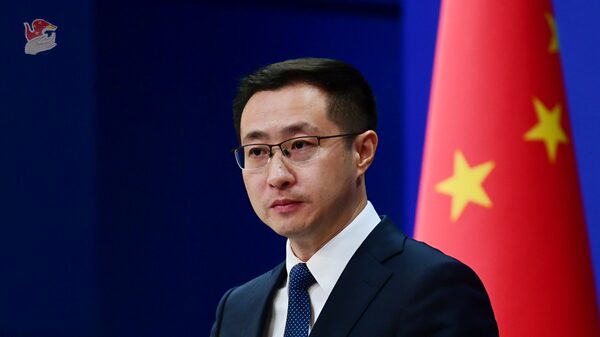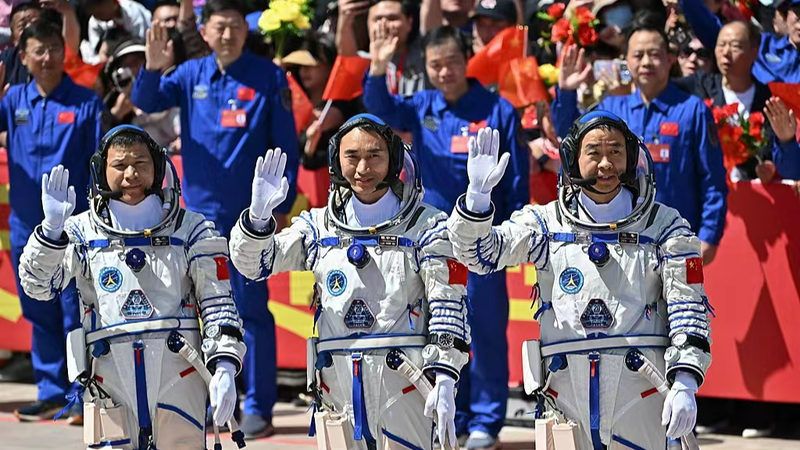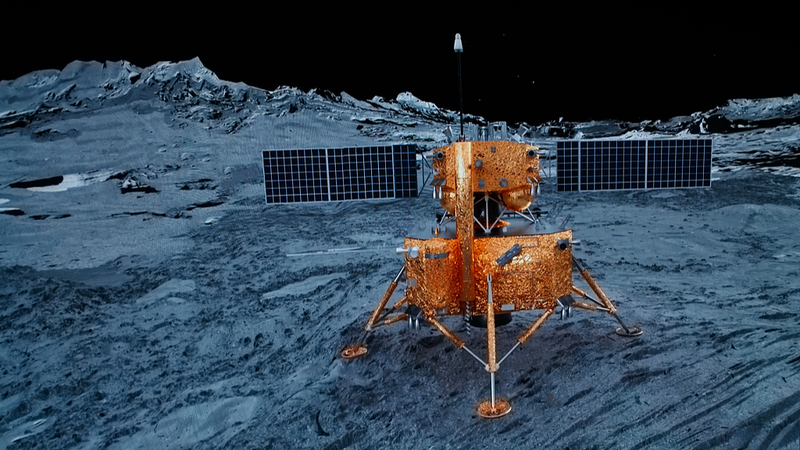In a move that's revving up international tensions, the U.S. is reportedly planning to ban Chinese-made software and hardware in connected and autonomous vehicles. China's Foreign Ministry spokesperson Lin Jian didn't hold back, stating on Monday that China will \"firmly defend its lawful rights and interests.\"
The proposed ban by the U.S. Department of Commerce, as reported by Reuters, aims to address national security concerns. If implemented, software prohibitions could kick in as early as the 2027 model year, with hardware bans following by 2030.
But China's not hitting the brakes without a fight. \"China opposes the U.S. overstretching the concept of national security and taking discriminatory measures against relevant Chinese companies and products,\" Lin Jian asserted. \"We urge the U.S. to respect the principles of market economy and provide an open, fair, transparent, and non-discriminatory business environment for Chinese companies.\"
The U.S. Commerce Department is giving the public 30 days to weigh in on the proposal, hoping to finalize the rules by January 20. The ban would affect all on-road vehicles but leave out agricultural or mining vehicles, drones, and trains.
Despite China being a global heavyweight in the automobile industry, its exports to the U.S. are surprisingly minimal. In 2023, only 74,800 passenger cars made their way from China to the U.S., just 1.4% of China's total car exports, according to the China Passenger Car Association (CPCA). New energy vehicles (think electric cars) accounted for a mere 18,600 units.
Chinese cars aren't just rolling off the assembly lines—they're cruising into global markets thanks to \"technological innovation and superb quality,\" not \"unfair practices,\" as another Foreign Ministry spokesperson, Mao Ning, emphasized earlier this year. 🚀
\"China's door has always been open to global auto companies, including those from the U.S., who've fully shared the dividends of China's big market,\" Mao Ning highlighted. \"By contrast, the U.S. has engaged in trade protectionism, setting up obstacles and discriminatory policies that block Chinese-made cars from entering the U.S. market.\"
Mao warned that politicizing economic and trade issues could backfire. \"Such acts will only hinder the development of the U.S. auto industry itself,\" she added. \"China urges the U.S. to respect market economy laws and principles of fair competition, and to stop overstretching the concept of national security.\"
As the road ahead becomes uncertain, one thing's clear: the global auto industry is gearing up for a bumpy ride. 🌐🚘
Reference(s):
China to safeguard rights as U.S. seeks to ban Chinese tech in EVs
cgtn.com




